Science & Society
Sign up for our newsletter
We summarize the week's scientific breakthroughs every Thursday.
-
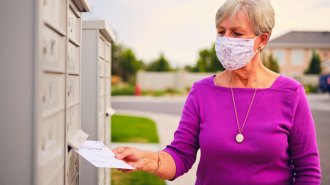 Science & Society
Science & SocietyMandatory mail-in voting hurts neither Democratic nor Republican candidates
A new study suggests that requiring people to cast mail-in ballots actually leads to a slightly increased turnout for both political parties.
By Sujata Gupta -
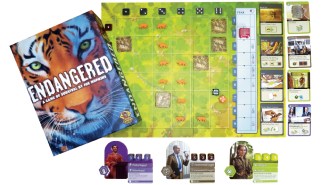 Science & Society
Science & SocietyThe board game Endangered shows just how hard conservation can be
The new board game Endangered shows how working together is the only way for conservation to succeed.
-
 Science & Society
Science & SocietyEthan Hawke stars in ‘Tesla,’ a quirky biopic about the iconic inventor
The new movie ‘Tesla’ follows the rise and fall of Nikola Tesla, whose early inventions panned out far better than later projects.
-
 Life
LifeHow two new fungus species got named after the COVID-19 pandemic
Tiny fuzz on a beetle and fake leopard spots on palms now have Latin names that will forever nod to the new coronavirus.
By Susan Milius -
 Psychology
PsychologyWhy do we miss the rituals put on hold by the COVID-19 pandemic?
Even solitary rituals bind us to our groups and help calm anxieties. What happens when those traditions are upended?
By Sujata Gupta -
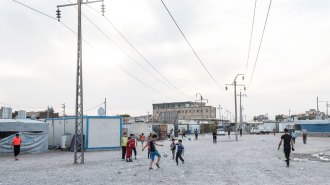 Science & Society
Science & SocietyInterfaith soccer teams eased Muslim-Christian tensions — to a point
Soccer bonded Christian and Muslim teammates in Iraq, but that camaraderie didn’t change attitudes.
By Sujata Gupta -
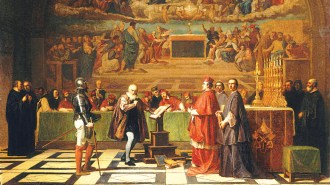 Science & Society
Science & SocietyA new Galileo biography draws parallels to today’s science denialism
‘Galileo and the Science Deniers’ delivers a fresh assessment of the life of a scientific legend and offers lessons for today.
-
 Neuroscience
NeuroscienceNew guidance on brain death could ease debate over when life ends
Brain death can be a tricky concept. Clarity from an international group of doctors may help identify when the brain has stopped working for good.
-
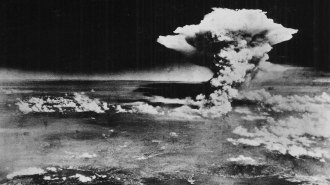 Physics
PhysicsHow understanding nature made the atomic bomb inevitable
On the anniversary of Hiroshima, here’s a look back at the chain reaction of basic discoveries that led to nuclear weapons.
-
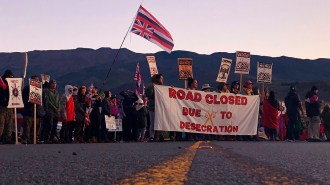 Astronomy
Astronomy50 years ago, Mauna Kea opened for astronomy. Controversy continues
Current plans to build a new telescope on the volcano sparked the latest conflict.
-
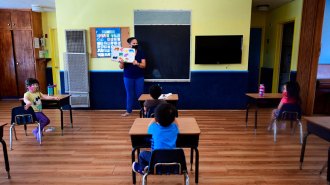 Health & Medicine
Health & MedicineFive big questions about when and how to open schools amid COVID-19
Researchers weigh in on how to get children back into classrooms in a low-risk way.
-
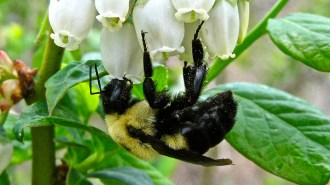 Life
LifeWild bees add about $1.5 billion to yields for just six U.S. crops
Native bees help pollinate blueberries, cherries and other crops on commercial farms.
By Susan Milius